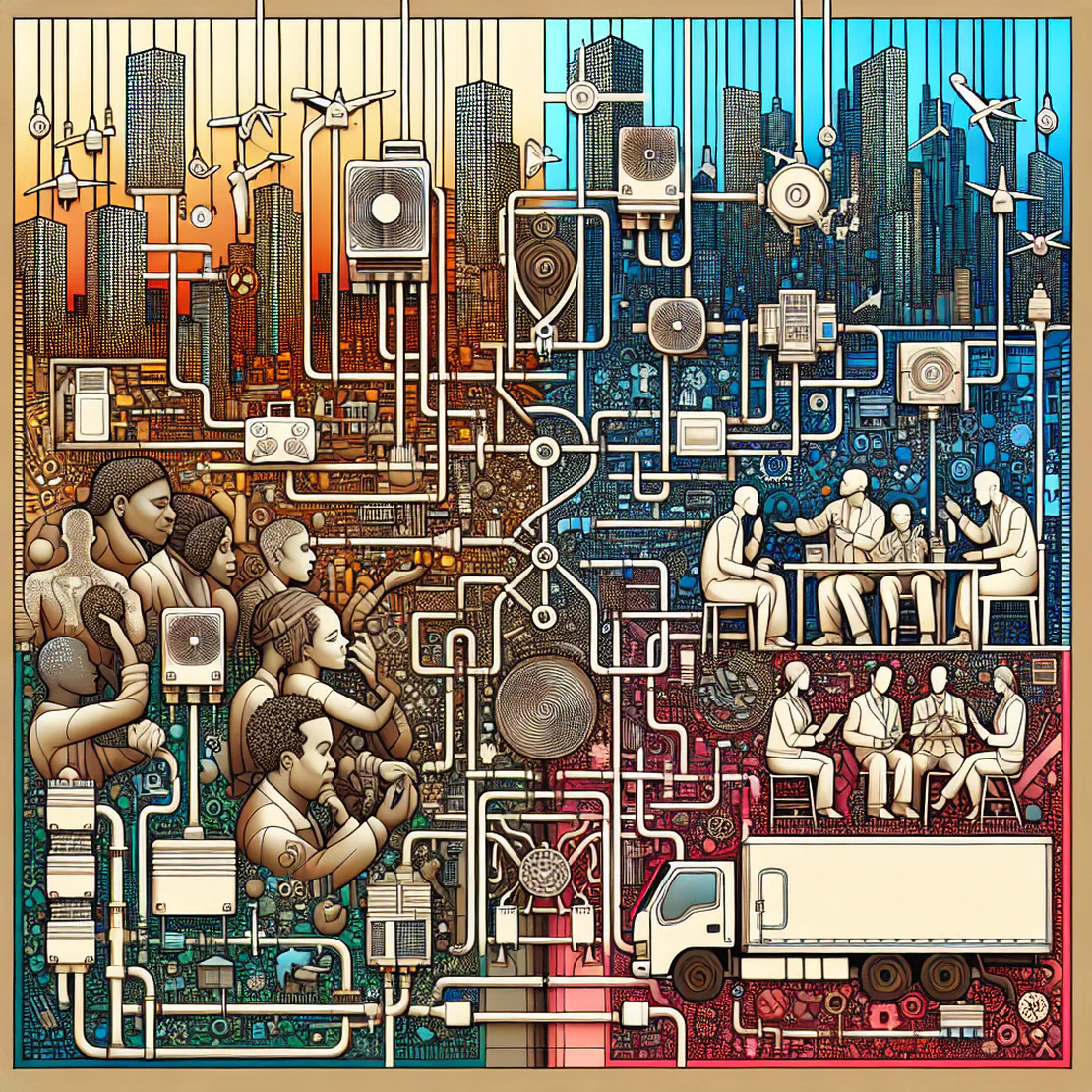
Ep 513 - 311 (feat. Nick Hexum & S.A. Martinez)
- Matt and Shane's Secret Podcast
- Music , Touring , Family , Band , Skateboarding
- September 4, 2024
Table of Contents
At a Glance
-
Album Creation Process - ’the blue album was meant to be like, what are songs that just kick ass live? But then the one after that, transistor, was just more experimental and studio trickery.’ This highlights the band’s varied approach to album creation, tailoring each project to either live performance energy or studio innovation.
-
Unexpected Hits - ‘Down was a hit before it was a hit. Like when we played it, but it was also just the zeitgeist of our fan-dumb building moment where it was just like the pot’s about to blow.’ This quote captures the unpredictable nature of music popularity and the excitement of an emerging hit song among fans.
-
Audience Reaction - ‘You ever have a song you’re like the crowds about to go fucking nuts and you play it they’re like yeah that’s part of the thing though man like the same thing with stand-up you’re like this jokes about the murder it’s gonna kill bro ever just looks at you like why did he just disclose that detail about himself it’s’s not funny, that’s disturbing.’ This reflects the uncertainties of live performances and the commonalities between music and comedy in gauging audience reactions.
-
Impact of ‘Amber’ - ‘with Amber, we were so used to putting out hard singles and worrying about like the male part of our fan base, but then that song really was just like a sleeper that… it was our first chill single ever we We’d always had rockers before that.’ This point is significant as it discusses the band’s strategic shift in their music style and the broadening of their audience appeal.
-
Touring and Family Life - ‘if I had to work in an office, I probably would have burned my house down, so. There’s that. What are my kids? I would have probably like beat my kid.’ This quote humorously underscores the challenges and personal preferences in balancing career and family life, particularly contrasting the touring lifestyle with more conventional jobs.
-
Longevity and Adaptation - ‘We just don’t say no with anything… We don’t say no to gigs and we don’t break up.’ This highlights the band’s philosophy towards maintaining longevity in the music industry, emphasizing resilience and continuous engagement with their work.
-
Handling Fame - ‘You mentioned don’t read the comments and that’s kind of a good thing. Like don’t Google yourself because there’s people that are going to be mean.’ This point reflects on the personal strategies the band members use to handle public scrutiny and maintain mental health amidst fame.
What to Do
-
‘Walk towards the fear or discomfort’ - ‘Engaging with uncomfortable situations can help break their hold over you, reducing anxiety and fear over time.’
-
‘Keep pushing into discomfort’ - ‘Avoiding what scares you can allow it to rule your life, so confronting fears is essential for personal growth.’
-
‘Exposure therapy can be effective’ - ‘It is shown to be significantly effective for anxiety, suggesting that facing fears rather than avoiding them can be beneficial.’
-
‘Use creativity as an outlet’ - ‘Having a creative outlet can prevent negative emotions and stress from overwhelming you, improving your relationship with others, including family.’
-
‘Stay in the moment’ - ‘Focusing on the present can help manage anxiety during performances or stressful situations, reducing the likelihood of panic.’
-
‘Trust that you’ll know what to do’ - ‘Believing in your ability to handle situations when they arise can alleviate pre-emptive anxiety and build confidence.’
-
‘Don’t overthink the steps ahead’ - ‘Avoiding over-planning can prevent anxiety about future tasks and keep you engaged in the present.’
What to Get
-
Skateboard - Used for recreation and sport, specifically mentioned in the context of performing tricks like boardslides.
-
Four by four post - Used in conjunction with skateboarding activities, likely as a makeshift obstacle or feature for tricks.
-
Briefcase - Typically used for carrying documents, mentioned in a context implying a traditional office work setting.
-
Suit - Worn as formal attire, associated with professional settings.
-
Microphones - Used in performances, specifically mentioned in the context of setting up for a stand-up comedy show.
-
Albums (Music) - Used for listening pleasure and entertainment; specific albums mentioned include the “Blue Album” and “Transistor.”
-
Guitar - Musical instrument used in performances, not explicitly detailed but implied through the discussion of band performances and music.
-
Amplifier - Used to enhance sound in music performances, implied in the context of band performances.
-
Email - Used for communication, specifically mentioned in the context of receiving notifications or invitations.
-
Demo tapes - Used by musicians to showcase their work to record labels or potential fans.
-
Violin - Musical instrument, mentioned in a personal anecdote related to a music camp.
-
Skateboards - Used for recreational activities, specifically mentioned in the context of youth and music culture.
Summary
In this engaging podcast episode, the hosts welcome members of the band 311, delving into a lively discussion that spans their musical journey, personal anecdotes, and the evolution of their sound. The conversation kicks off with a nostalgic trip back to the late nineties, highlighting how the band’s music became a significant part of the guest’s adolescence, particularly during his seventh-grade skateboarding days. The band members share stories about their early influences, the impact of their music on fans, and their experiences of growing up and evolving in the music industry.
A significant portion of the discussion focuses on the band’s approach to creating music and performing live. They talk about the different vibes of their albums, with some aimed at energizing live performances and others exploring studio experimentation. The band members reflect on the unpredictability of audience reactions, sharing moments when songs they expected to be hits received lukewarm responses, and vice versa. This leads to a broader conversation about the nature of performance art, whether it’s music or stand-up comedy, and the common challenges of gauging audience engagement.
The conversation also touches on the personal side of being musicians, such as the challenges of balancing family life with touring. They discuss the unique aspects of their careers that allow them to maintain a connection with their families despite their demanding schedules. The band members emphasize the importance of sticking together and supporting each other through the ups and downs of their career, which they identify as a key factor in their longevity and success in the music industry.
Towards the end of the episode, the discussion shifts to the band’s innovative engagement with their fans through events like the 311 cruise, a themed cruise that combines live performances with fan interactions in a unique setting. This part of the conversation highlights the band’s creative approaches to maintaining fan loyalty and creating memorable experiences.
Overall, the podcast episode offers a deep dive into the life and times of 311, providing listeners with a behind-the-scenes look at the band’s creative process, their personal growth, and their enduring connection with fans. The band’s stories and insights are not only entertaining but also reflective of the broader challenges and rewards of a life dedicated to music and performance.


